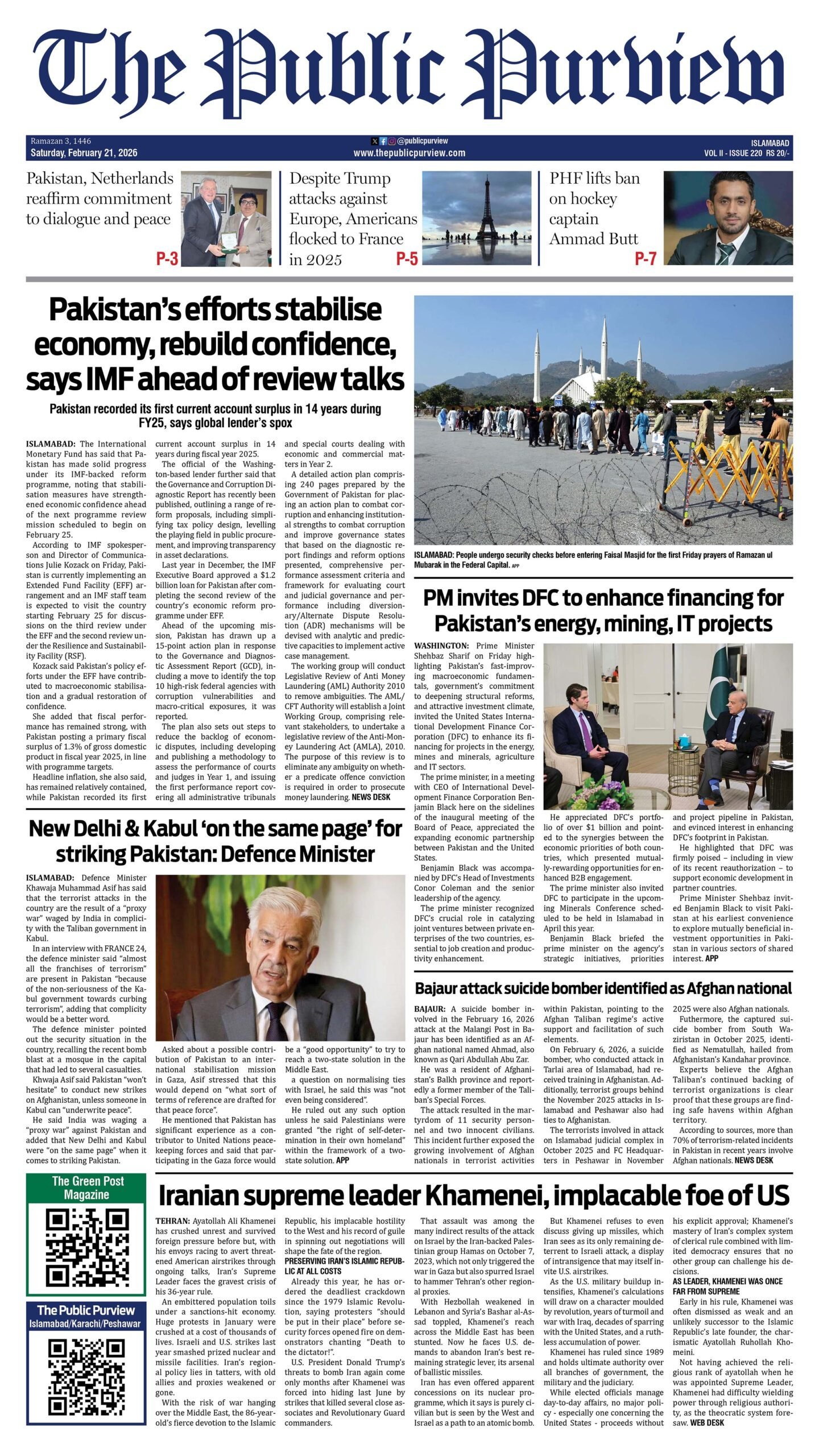Wealthy countries appeared to hit a limit with how plenty they may be willing to pay to preserve nature around the world, alternatively moving their cognizance at the 2-week U.N. Biodiversity summit closer to discussions of personal money filling the funding hole. At the COP16 negotiations in Cali, Colombia, nations did not parent out how they might mobilize $200 billion annually in conservation funding with the aid of 2030, consisting of $30 billion that could come directly from rich countries. That money, pledged years ago as a part of the landmark Kunming-Montreal Global Biodiversity Framework agreement, is supposed to finance activities that raise nature, inclusive of sustainable farming or patrolling flora and fauna reserves. But there was no consensus as talks dragged on beyond the summit’s scheduled quit on Friday, throughout which dozens of delegations departed. By Saturday morning’s roll call, there has been no longer a quorum among the nearly 200 international locations for an settlement to bypass, forcing organizers to droop the assembly. “I am both saddened and enraged by means of the non-outcome of COP16,” stated Shilps Gautam, leader govt of challenge finance organization Opna. “The wild element about the character financing discussions is that the numbers mentioned are already a pittance.” Human sports which include farming, mining, and concrete development are an increasing number of pushing nature into disaster, with 1 million or so plant and animal species thought to be vulnerable to extinction. Climate change, a end result of fossil fuel burning, is likewise adding to nature’s woes by raising temperatures and disrupting climate cycles. Countries will meet once more in Azerbaijan subsequent week for the U.N.’s COP29 weather summit, which once more can be targeted on the steep want for investment from rich nations to their poorer counterparts to assist shoulder climate expenses. LITTLE MONEY FROM RICH NATIONS Even earlier than the talks broke down, advanced international locations had signaled an unwillingness to offer big amounts of cash. European governments such as Germany and the Netherlands have slashed their overseas useful resource budgets during the last yr, even as France and the U.K. Are also cutting lower back. Government improvement money specially focused at nature conservation overseas fell to $3.8 billion in 2022 compared with $four.6 billion in 2015, in step with the Organisation for Economic Co-operation and Development. At COP16, U.N. Secretary General Antonio Guterres demanded that international locations make considerable new contributions to the Global Biodiversity Framework Fund. The response become muted. Nations at COP16 pledged $163 million in contributions to the fund, bringing total contributions to roughly $four hundred million – a long way from a primary contribution to the $30 billion goal from international locations with the aid of 2030. The United States, which is not a celebration to U.N. Convention on Biological Diversity, has not contributed. “The public cash is already leveraged as a great deal as we can,” Florika Fink-Hooijer, the European Union’s director preferred of surroundings, informed newshounds at the summit. “We now need to examine other assets of funding.” When it got here to going after private capital, delegates on the COP16 summit agreed to a plan to rate pharmaceutical and other agencies for his or her use of genetic statistics within the research and improvement of new business merchandise. Pharmaceutical companies Pfizer (PFE.N), opens new tab, Merck (MRK.N), opens new tab, AstraZeneca (AZN.L), opens new tab and Sanofi (SASY.PA), opens new tab did not reply to request for comment on the deal. Experts estimate the plan should generate approximately $1 billion yearly. That nevertheless would not cowl the billions had to halt the disintegrate of ecosystems, like the Amazon rainforest or coral reefs. The global will want to plan approaches for enticing non-public funding in nature-friendly projects, stated Marcos Neto, director of world policy at the U.N. Development Program. Some equipment consist of green bonds or debt-for-nature swaps, whereby international locations refinance their debt at decrease interest rates so as to spend the savings on conservation. The World Economic Forum estimates that debt-for-nature swaps should generate $100 billion in nature funding.







 Today's E-Paper
Today's E-Paper